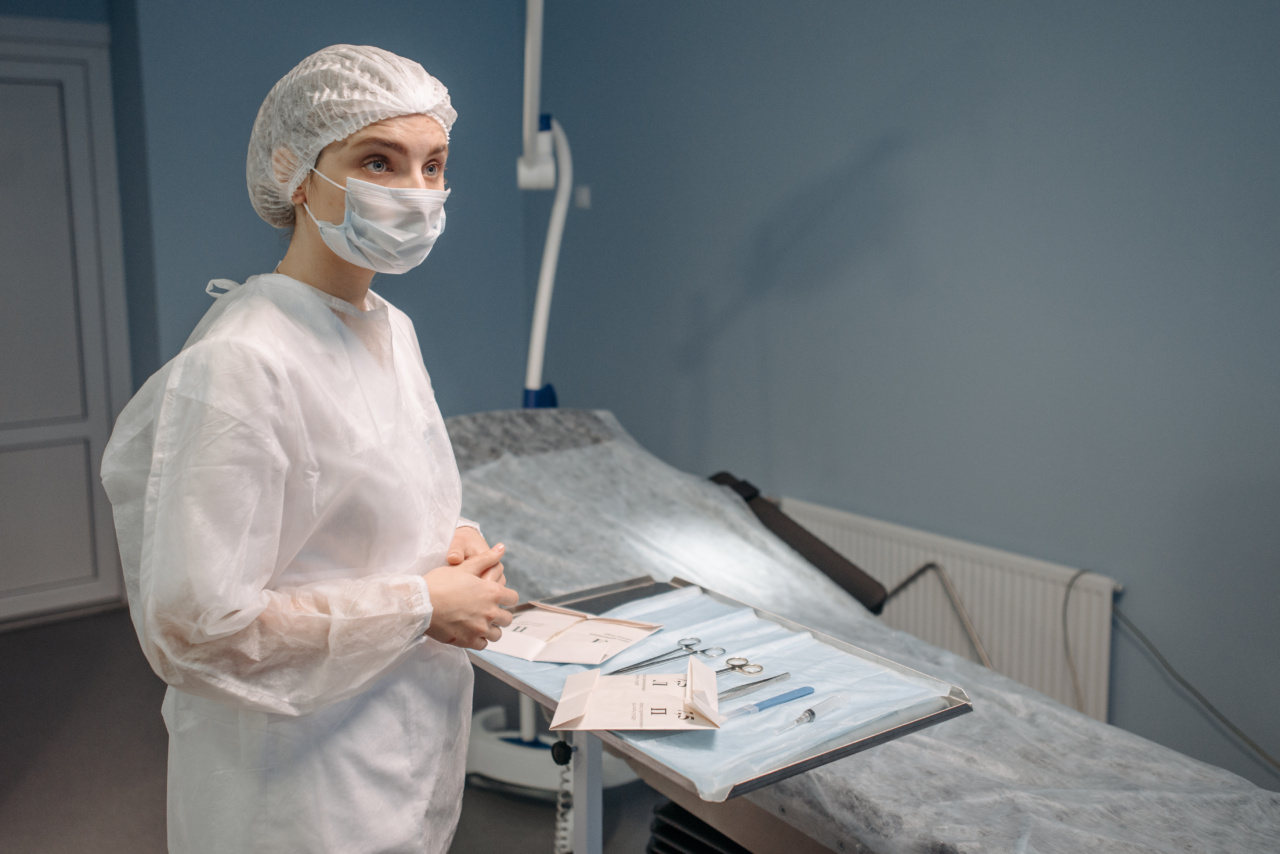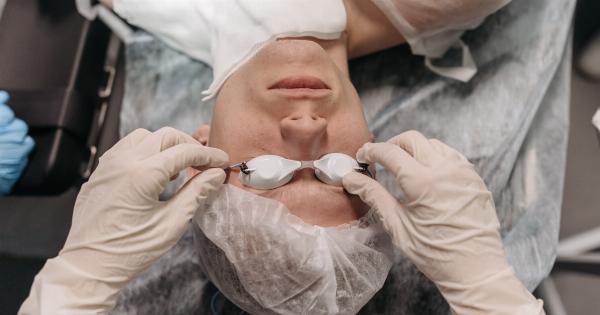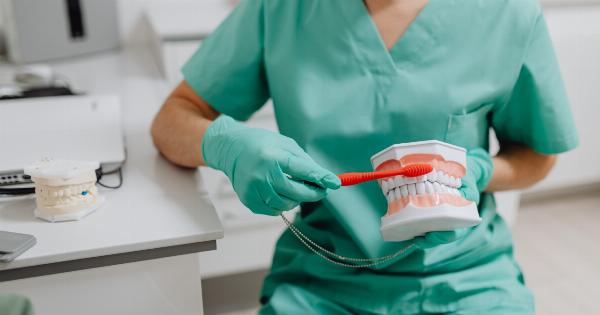Waiting for a surgery is an anxious time for patients and their families. It’s natural to want to get the process over with as soon as possible. But before you can have surgery, you need to have your death investigated by a coroner.
This is an important step that cannot be skipped.
What is a coroner?
A coroner is an official who investigates the cause and manner of death. In some cases, the coroner may conduct an autopsy to determine the cause of death.
Why is it necessary to see a coroner before surgery?
The role of the coroner is to ensure that any deaths that occur are investigated properly, to prevent any future similar events. If you are scheduled for surgery, the coroner needs to know about it in case anything goes wrong during the procedure.
For instance, if the surgery doesn’t go well and you pass away, the coroner would need to investigate to determine the cause of death.
How do I contact the coroner?
The steps to contacting a coroner will vary depending on where you live. In most cases, you will need to contact the coroner’s office in your county or city. You can usually find their information in the phone book or online.
What should I expect from the coroner?
When you contact the coroner’s office, you will usually be asked to provide some basic information about yourself. They may want to know your name, your age, and the reason for your surgery.
Once they have this information, they will schedule an appointment for you to come in.
When you meet with the coroner, they will ask you some questions about your medical history, your current condition, and any medications you are taking. They will also ask you about any allergies you may have.
This information will help them to determine the best course of action if anything goes wrong during the surgery.
What is the waiting period for surgery?
The waiting period for surgery will depend on a number of factors, including the type of surgery you are having and the availability of the surgeon. In general, however, the wait for surgery can range from a few weeks to several months.
If you are in urgent need of surgery, your surgeon may be able to schedule your surgery more quickly. However, the coroner’s office may need to expedite their investigation before the surgery can take place.
How can I prepare for surgery?
Preparing for surgery can be a stressful time. However, there are several steps you can take to make the process easier.
First, make sure you follow all of your doctor’s instructions leading up to the surgery. This may include taking certain medications or avoiding certain foods.
Second, be sure to talk to your doctor about any concerns you have about the surgery. This can help put your mind at ease and ensure that you are fully informed about the procedure.
Finally, make sure you have a support system in place. This can be friends and family members who can help you during your recovery.
Conclusion
Contacting the coroner before surgery may seem like an inconvenience, but it is an important step that cannot be skipped. The coroner’s role is to investigate any deaths that occur, in order to prevent future similar events.
By working with the coroner, you can help ensure that your surgery goes smoothly and that you have the best possible outcome.





























